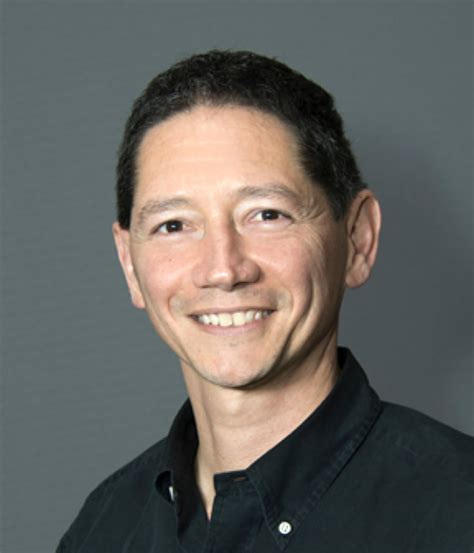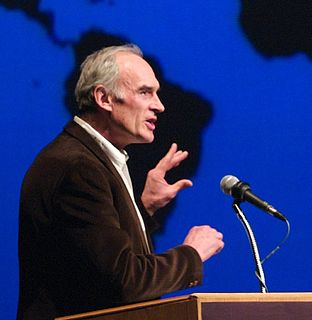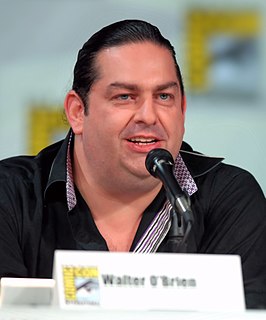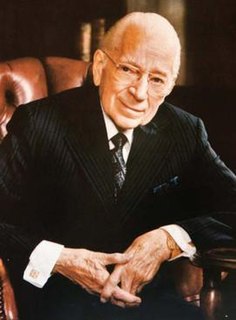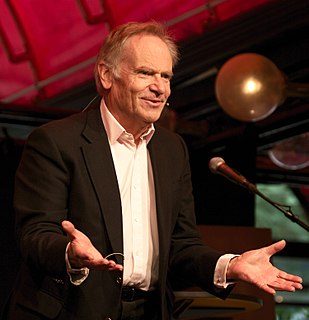A Quote by Thomas Aquinas
Mistakes are made on two counts: an argument is either based on error or incorrectly developed.
Related Quotes
If you think your belief is based upon reason, you will support it by argument rather than by persecution, and will abandon it if the argument goes against you. But if your belief is based upon faith, you will realize that argument is useless, and will therefore resort to force either in the form of persecution or by stunting or distorting the minds of the young in what is called 'education.'
...[sacred] doctrine is especially based upon arguments from authority, inasmuch as its principles are obtained by revelation: thus we ought to believe on the authority of those to whom the revelation has been made. Nor does this take away from the dignity of this doctrine, for although the argument from authority based on human reason is the weakest, yet the argument from authority based on divine revelation is the strongest.
Science advances by trial and error. When mistakes are made, the peer-review publication process usually roots them out. Cuccinelli's version of the scientific process would be "make an error and go to trial." Einstein did not arrive at E=mc2 in his first attempt. If he were working in the state of Virginia under Cuccinelli today, he could be jailed for his initial mistakes and perhaps never achieve that landmark equation.
The argument for collectivism is simple if false; it is an immediate emotional argument. The argument for individualism is subtle and sophisticated; it is an indirect rational argument. And the emotional faculties are more highly developed in most men than the rational, paradoxically or especially even in those who regard themselves as intellectuals.
I am being bombed by questions of all kinds. I will try to be very concise and try to explain to the American people. We had a great number of mistakes in the economic fleld, naturally. I am not the critic. It is Fidel Castro, the one who has criticized repeatedly the mistakes we have made, and he explained why we have made them. We did not have a previous preparation. We made mistakes in agriculture. We made mistakes in industry. All these mistakes are being settled now.





